Aeon Video has a monthly newsletter!
Get curated editors’ picks, peeks behind the scenes, film recommendations and more.
For Ludwig Wittgenstein, language is a game, but not a frivolous one
The Austrian philosopher Ludwig Wittgenstein (1889-1951) wrote two major works in his life: the Tractatus Logico-Philosophicus (1921) and the posthumously published Philosophical Investigations (1953). With Philosophical Investigations, Wittgenstein at once built on and contradicted his earlier work, arguing that the meaning of language wasn’t in its relationship to reality (as he’d argued in the Tractatus) but in its vast web of crisscrossing usages – a ‘language game’, as he called it, in which all people are engaged. Further, he said, any attempt to step outside this language game was doomed to fail as, in the human mind, thinking and language are inseparable. In this video from 1987, the celebrated UK broadcaster and philosophy populiser Bryan Magee (1930-2019) discusses Wittgenstein’s intricate ideas with the US philosopher John Searle (1932-). Highlighting how Wittgenstein twice upended the philosophy of language – once by disagreeing with his own earlier views – Searle points to the philosopher’s wide influence, and what he perceives as the strengths and limits of his life’s work.
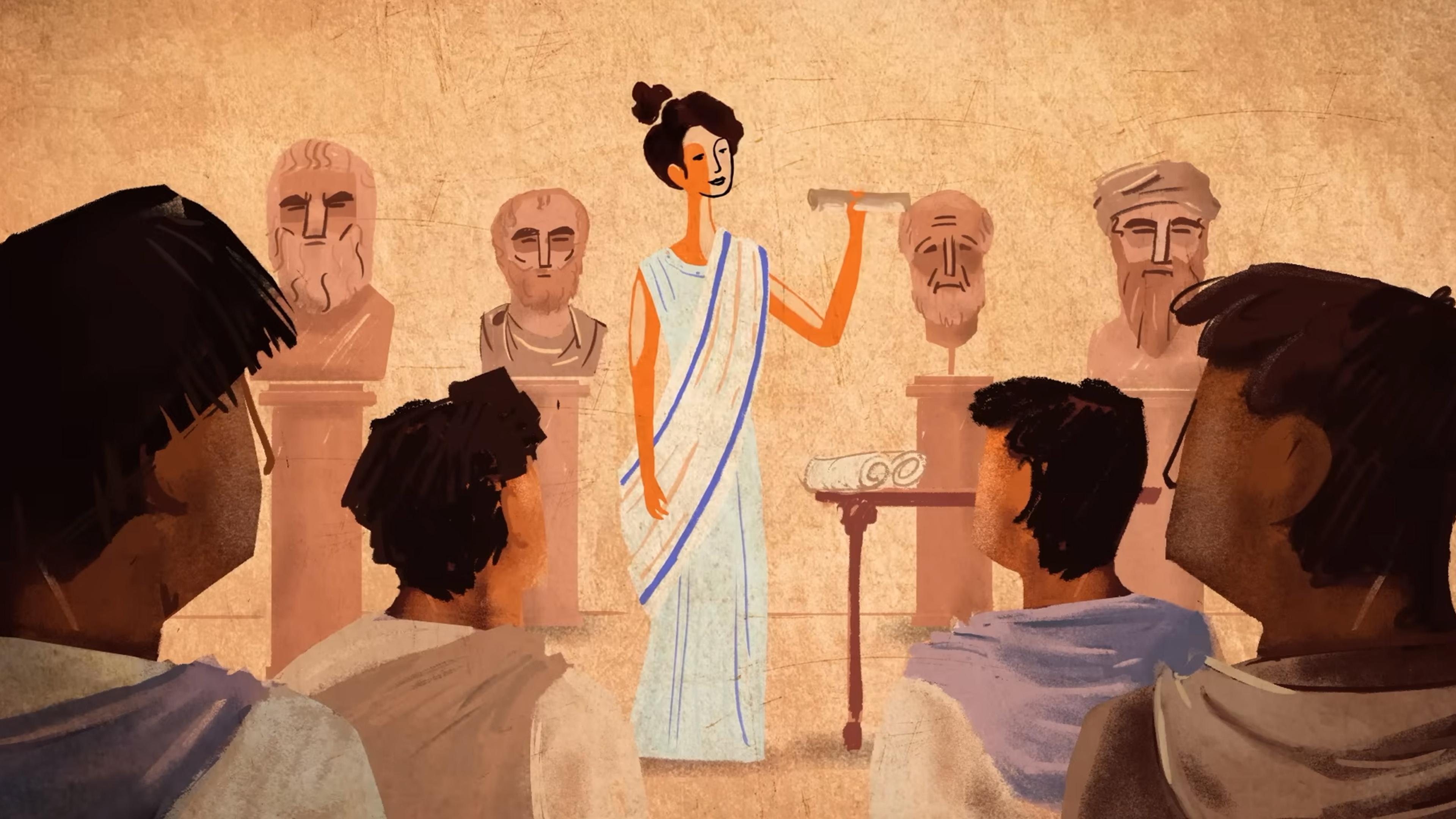
video
Thinkers and theories
A rare female scholar of the Roman Empire, Hypatia lived and died as a secular voice
5 minutes
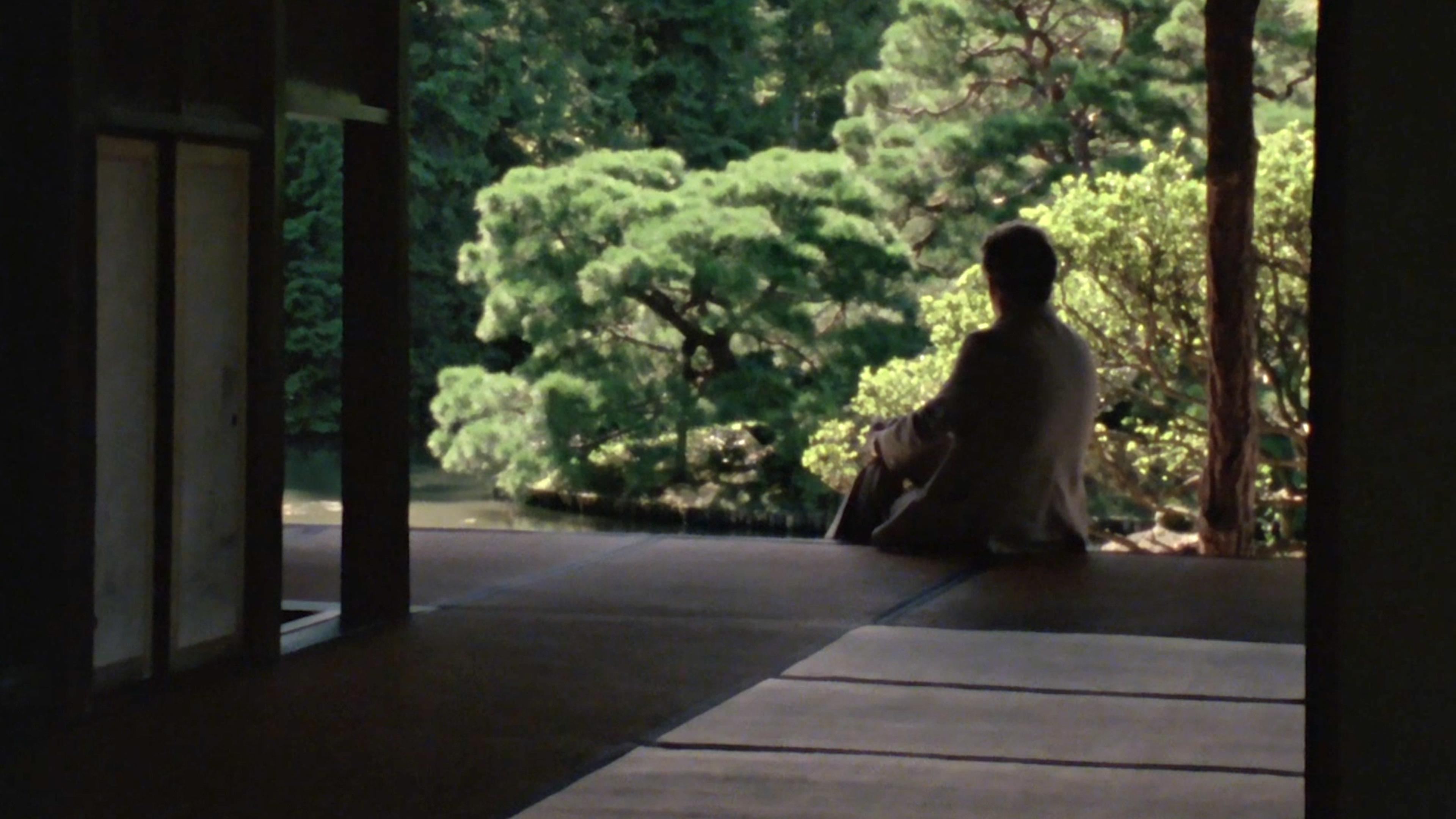
video
Architecture
The celebrated architect who took inspiration from sitting, waiting and contemplating
29 minutes
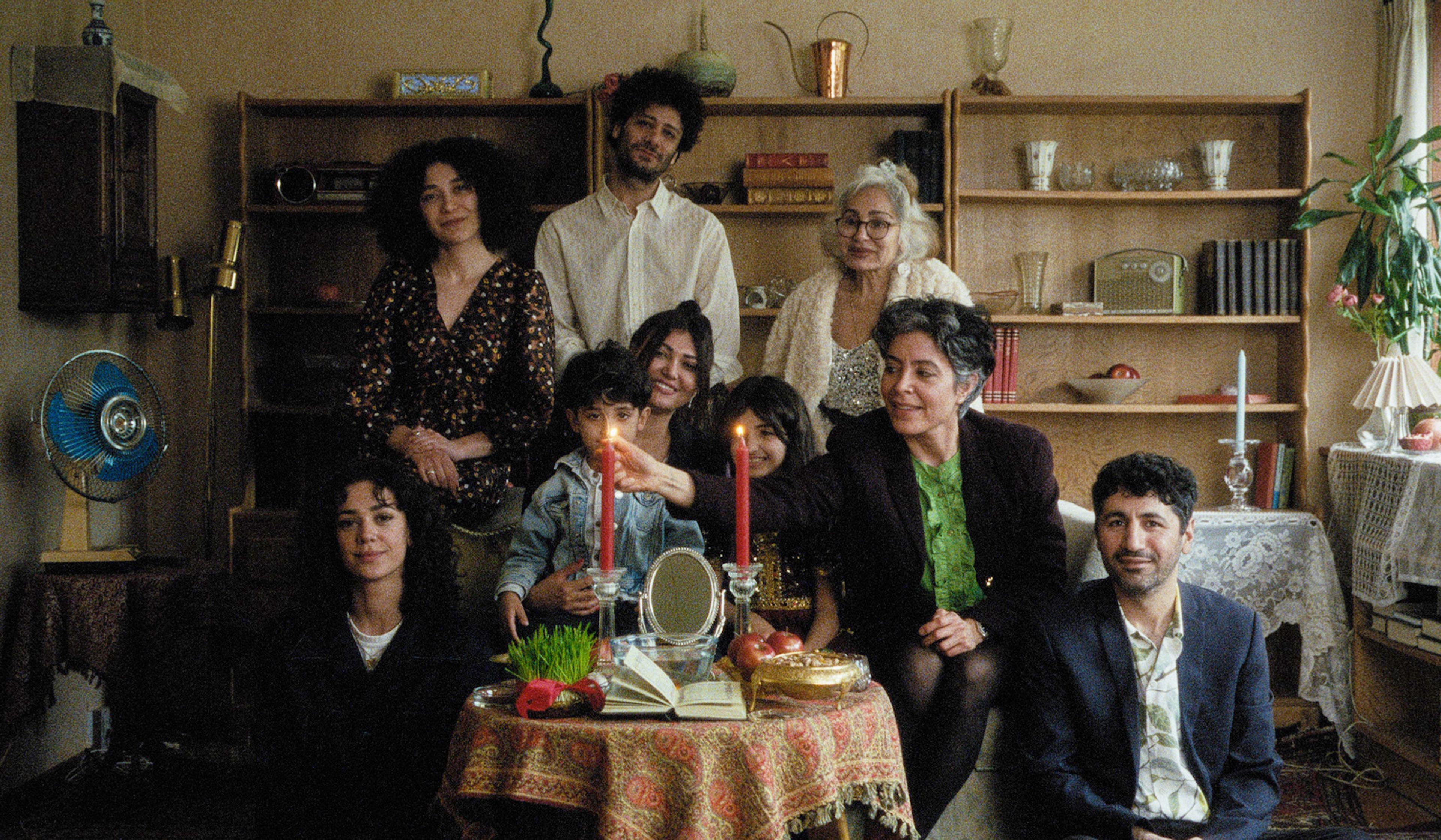
video
Rituals and celebrations
A beginner’s guide to a joyful Persian tradition of spring renewal and rebirth
3 minutes

video
Metaphysics
Simple entities in universal harmony – Leibniz’s evocative perspective on reality
4 minutes
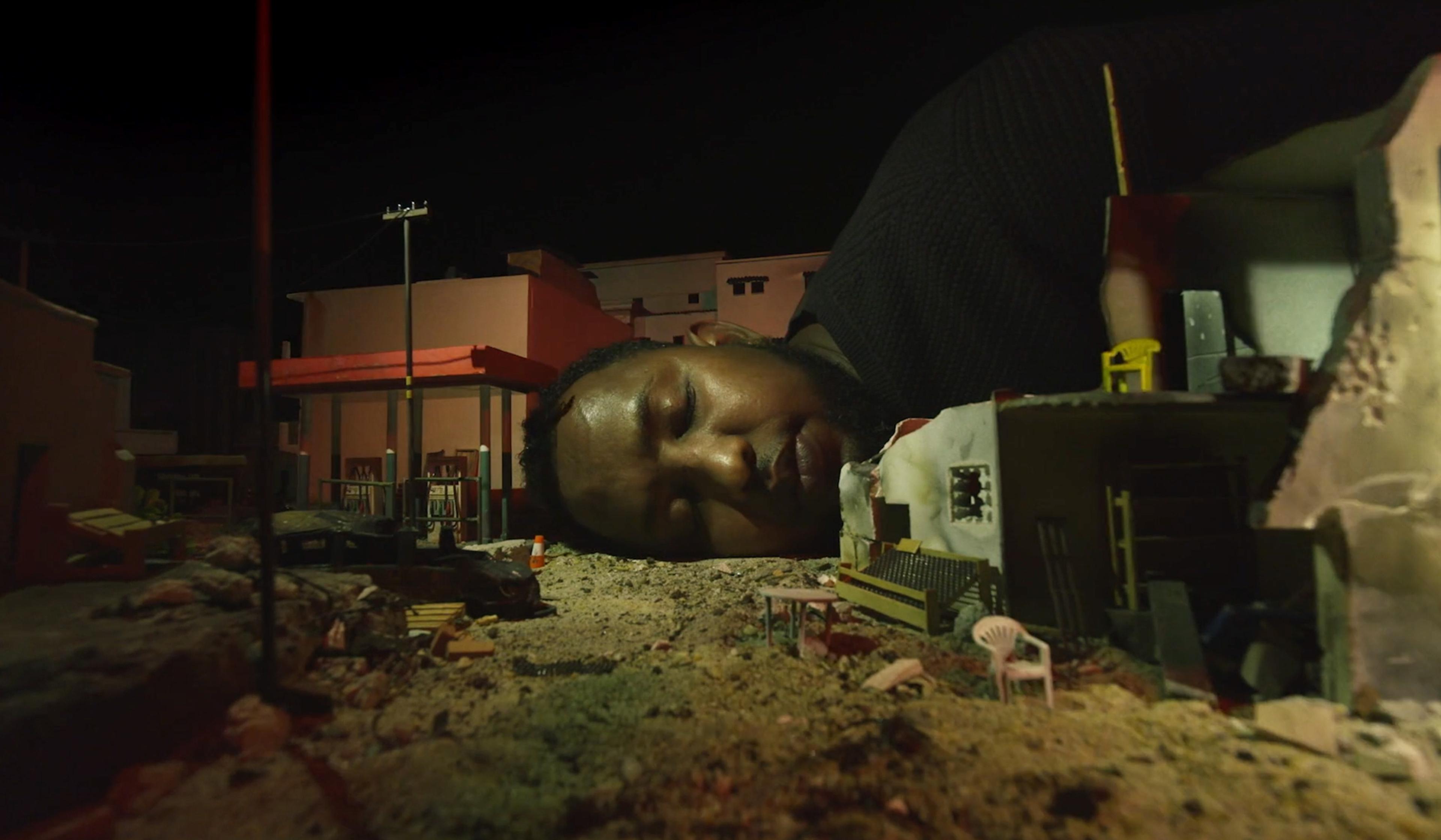
video
Biography and memoir
The unique life philosophy of Abdi, born in Somalia, living in the Netherlands
29 minutes
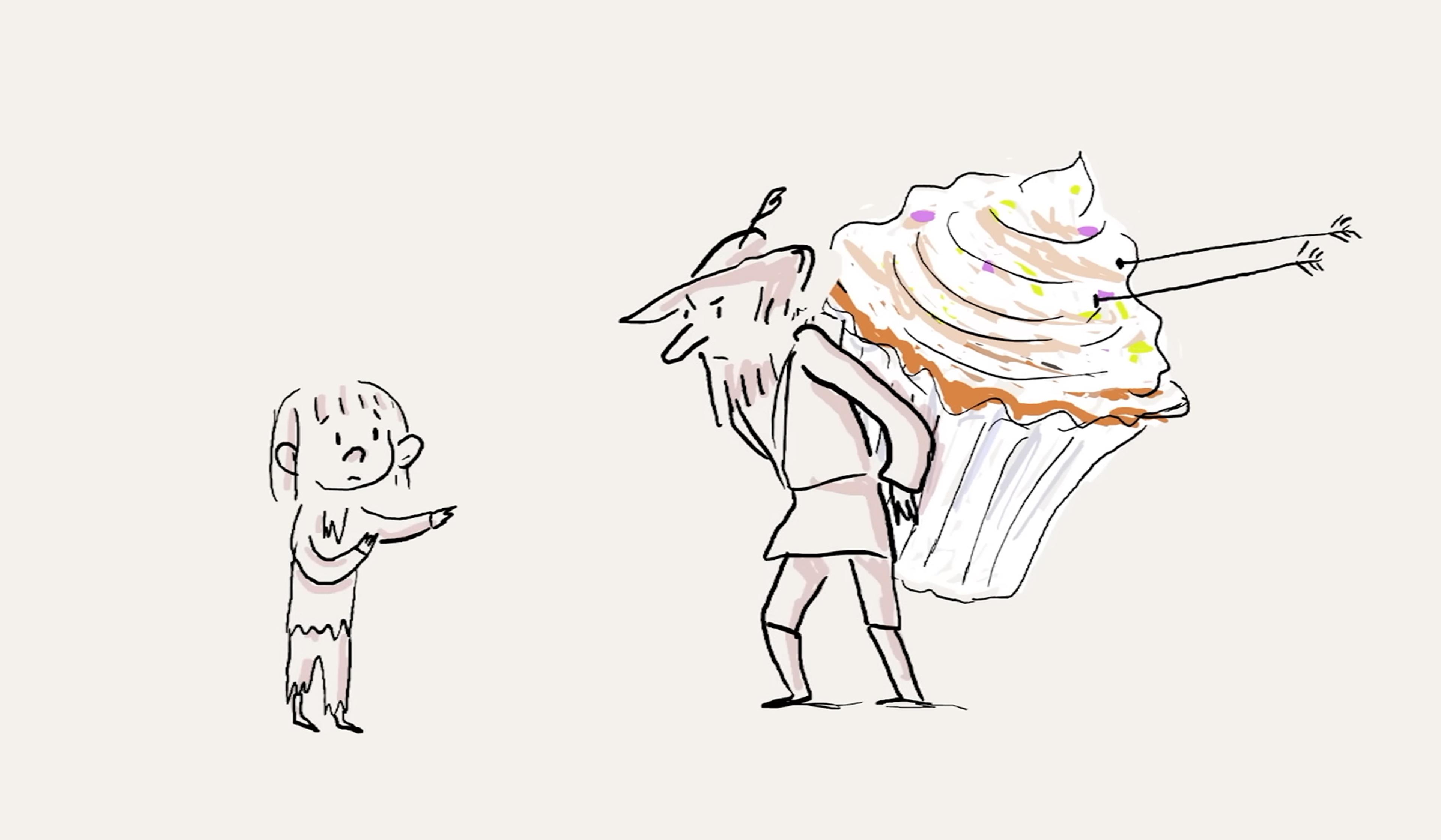
video
Ethics
For Iris Murdoch, selfishness is a fault that can be solved by reframing the world
6 minutes
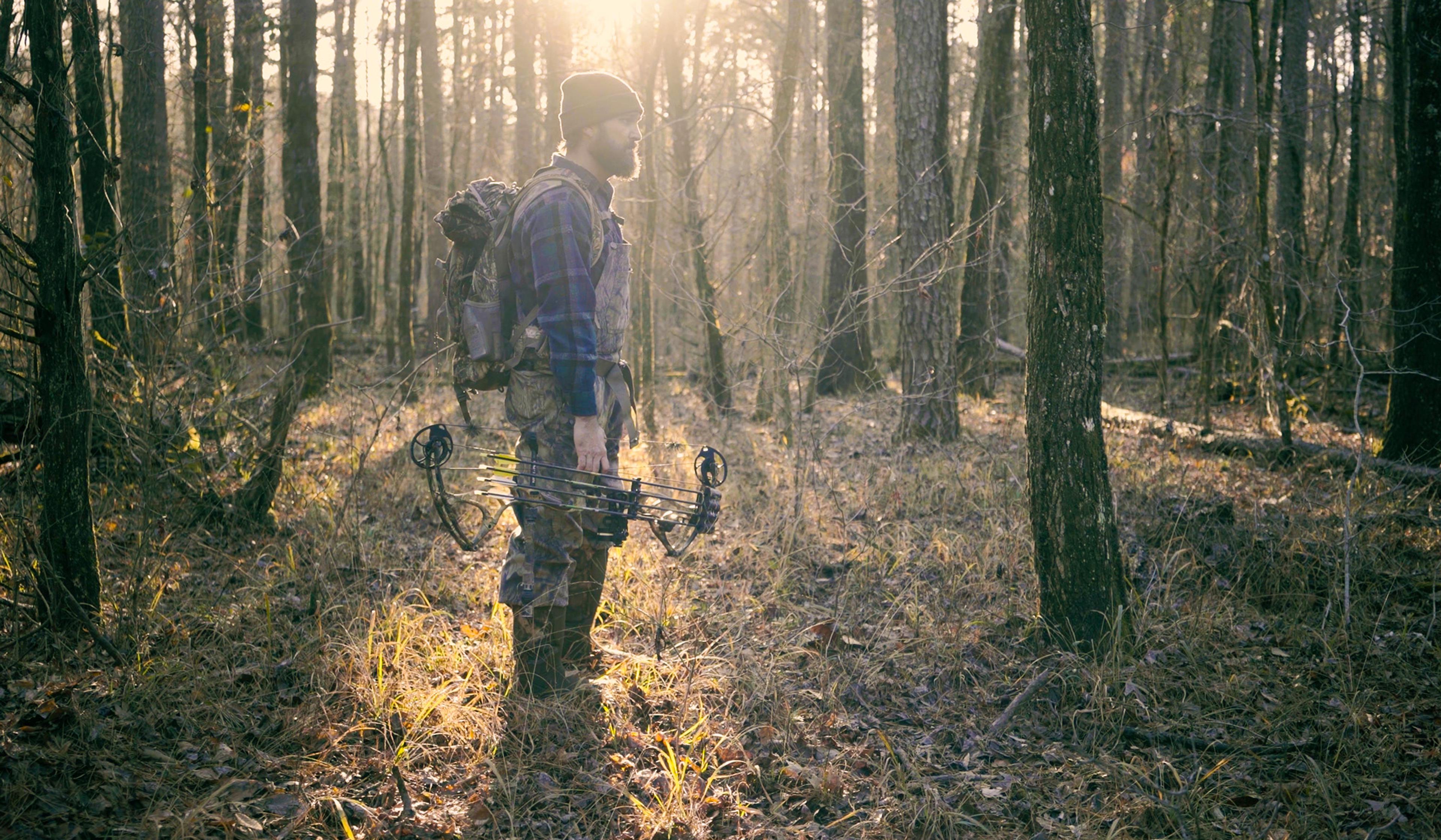
video
Death
A hunter’s lyrical reflection on the humbling business of being mortal
6 minutes
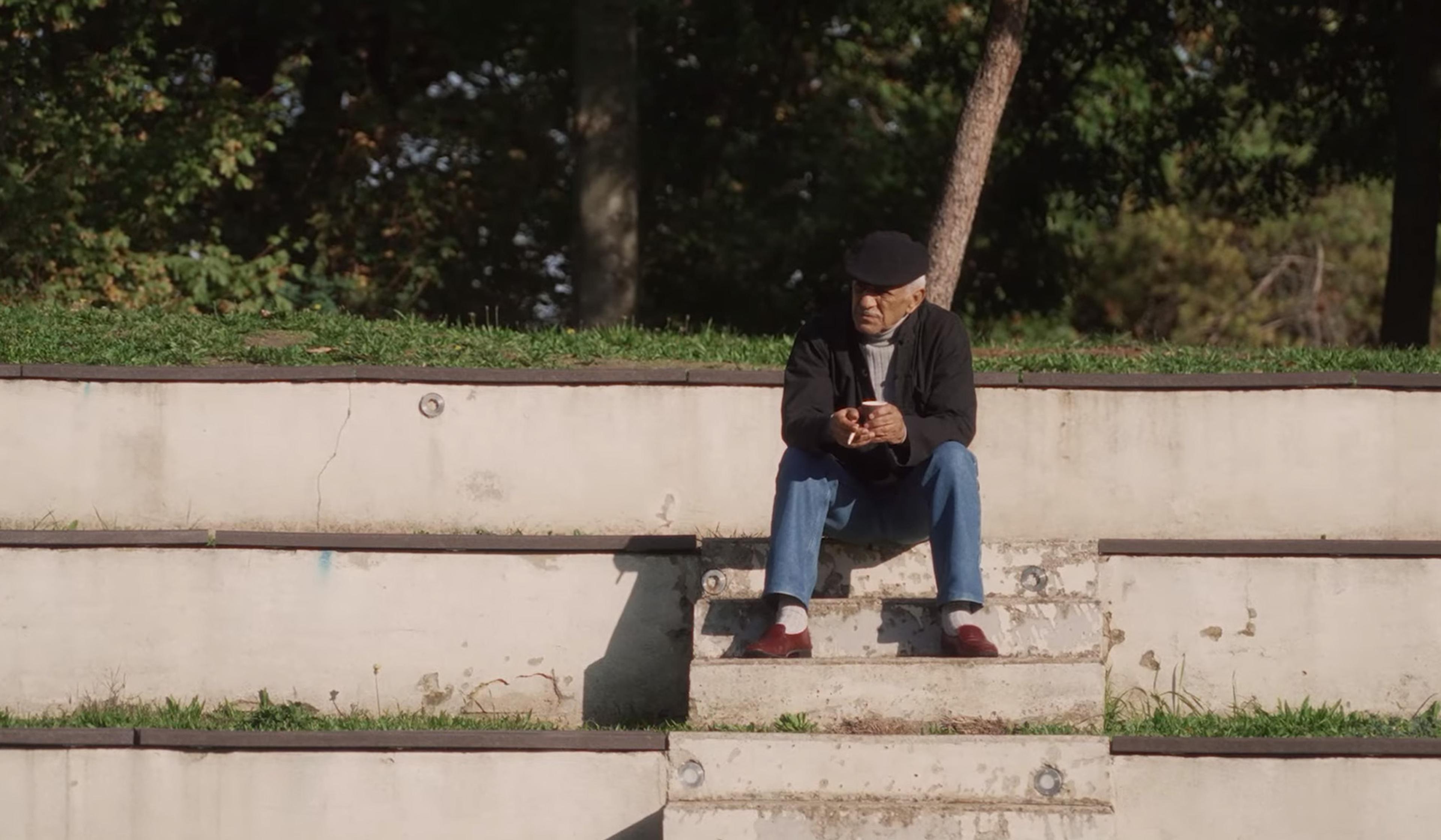
video
Love and friendship
After his son’s terrorist attack, Azdyne seeks healing – and his granddaughter
25 minutes
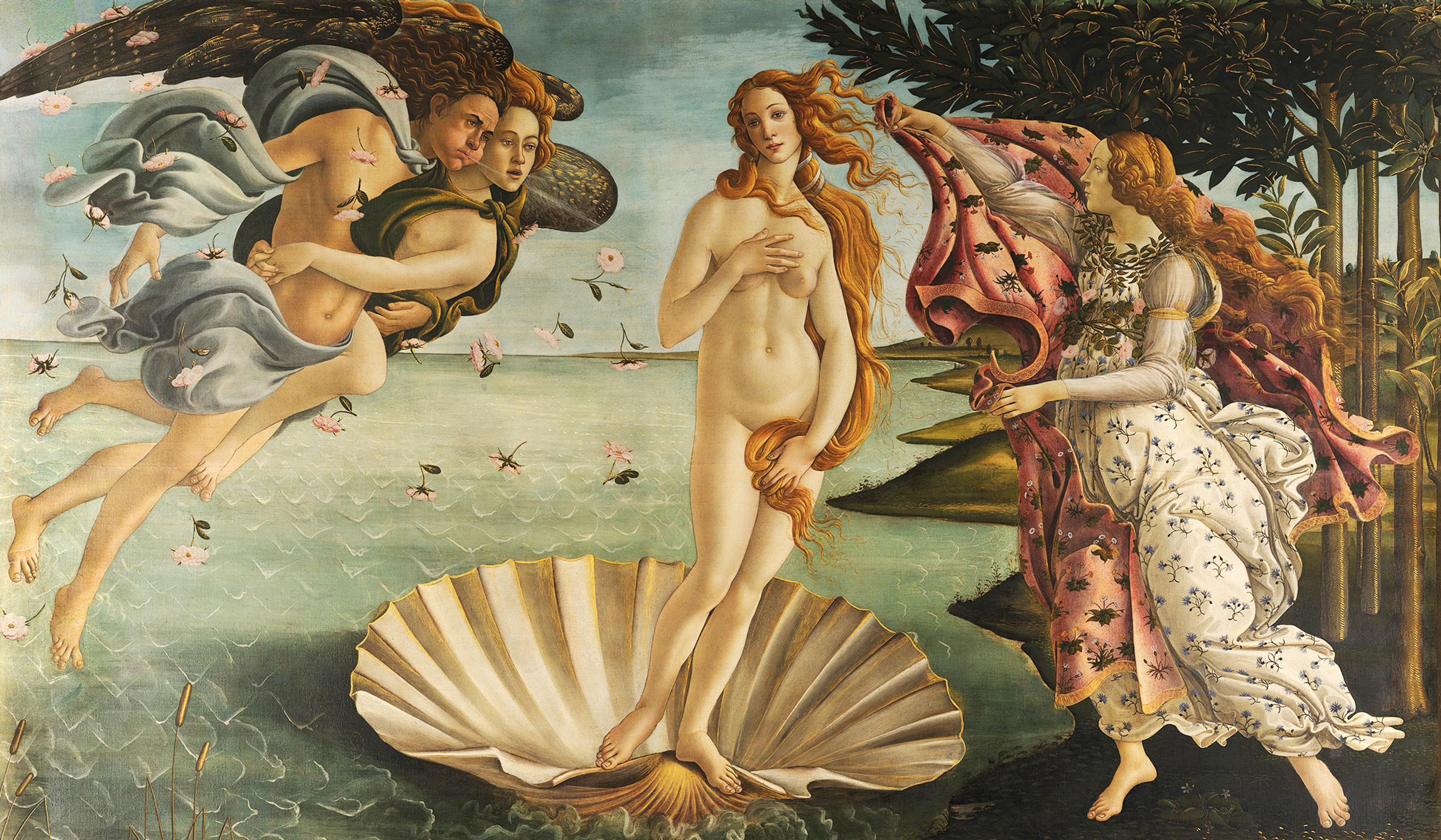
video
Art
More than breathtaking, ‘The Birth of Venus’ signalled an aesthetic revolution
19 minutes